Homophobia: a crime or a matter of opinion?
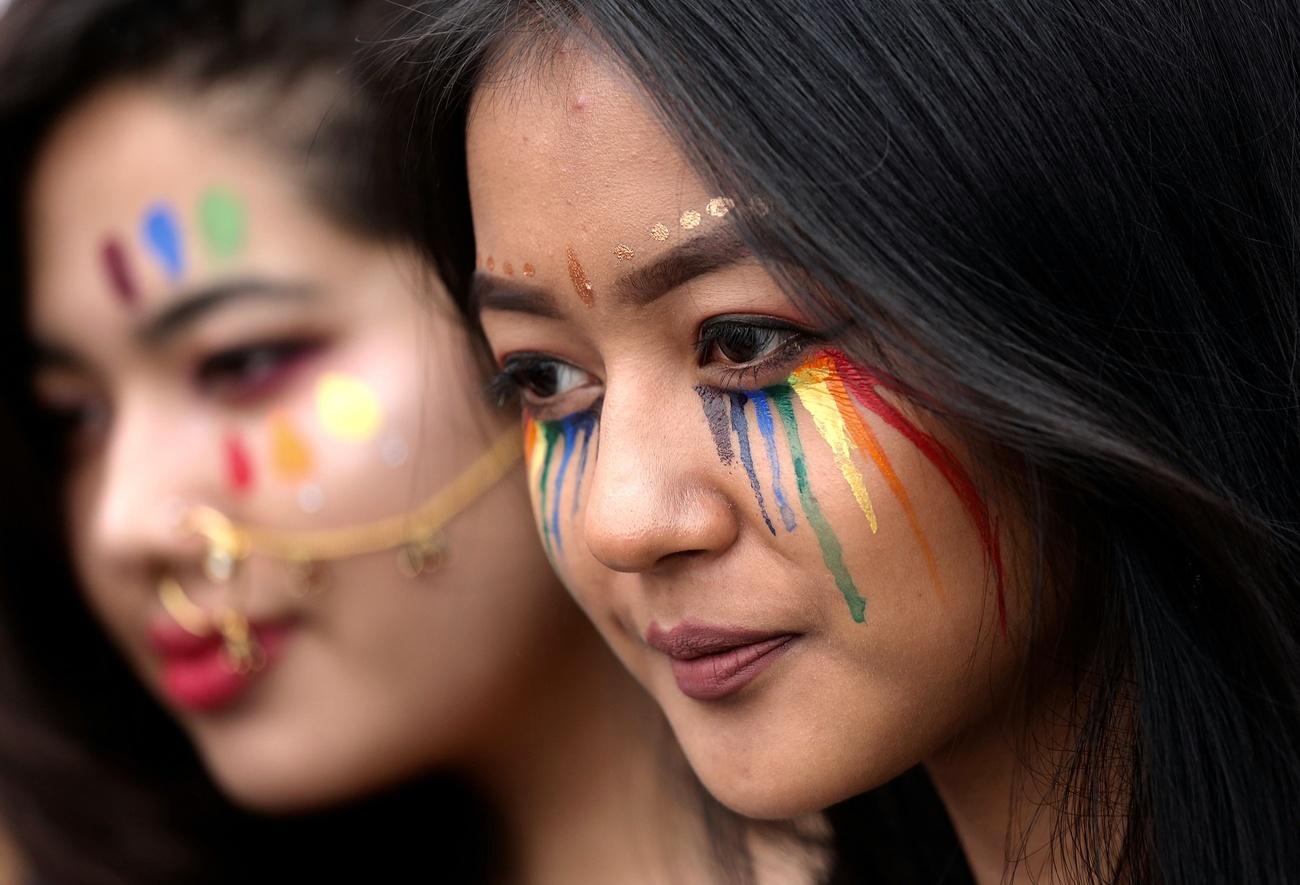
Is discrimination against homosexuals acceptable? That is a question to be answered by Swiss voters next month. Ultra-conservative groups have forced a vote to combat a new piece of legislation which makes homophobia a crime – they see it as an attack on freedom of speech. LGBTIQ campaigners have gone on the defensive.
In Switzerland, young lesbians, gays and bisexuals are two to five times more likely to attempt suicide than heterosexuals. Figures from the group “Gay Health” emphasise the extent of the problem.
These young people are also victims of many instances of aggression and homophobic verbal abuse, as the media regularly report. Most countries in Europe now have legislation on the matter. France, Austria, Denmark and the Netherlands have found a place for homophobia in their criminal code.
Switzerland, however, has no legislation affording protection to LGBTIQ (lesbians, gays, bisexual, transgender, queer and intersex) as a community. A clause in the Swiss Criminal Code sanctions discrimination based on racial, ethnic or religious identity, but not sexual orientation or gender identity.
This gap has earned Switzerland criticism from a number of international organisations, such as the UN Human Rights Council in its most recent world review External linkand the European Commission against Racism and Intolerance.
Read more on:
+ Recognising diverse sexual identities and experiences
+ How homophobia manifests itself in everyday Swiss life
+ ‘People need to understand that normality doesn’t exist’
+ How a Swiss school initiative fights sexual stigma at an early age
Concretely, in cases of physical assault, a homophobic motive is not recognised by the existing legislation. An outburst like “queers all belong in concentration camps!” cannot be sanctioned either. What is more, the Federal Court, the nation’s supreme judicial authority, does not grant intervenor status to associations for the protection of LGBTIQ rights.
In parliament
The Federal Democratic Union, a small ultra-conservative Christian party, believes that the new law is an attack on freedom of speech. The party, which campaigned against the idea of civil partnerships in 2004, has launched a referendum.
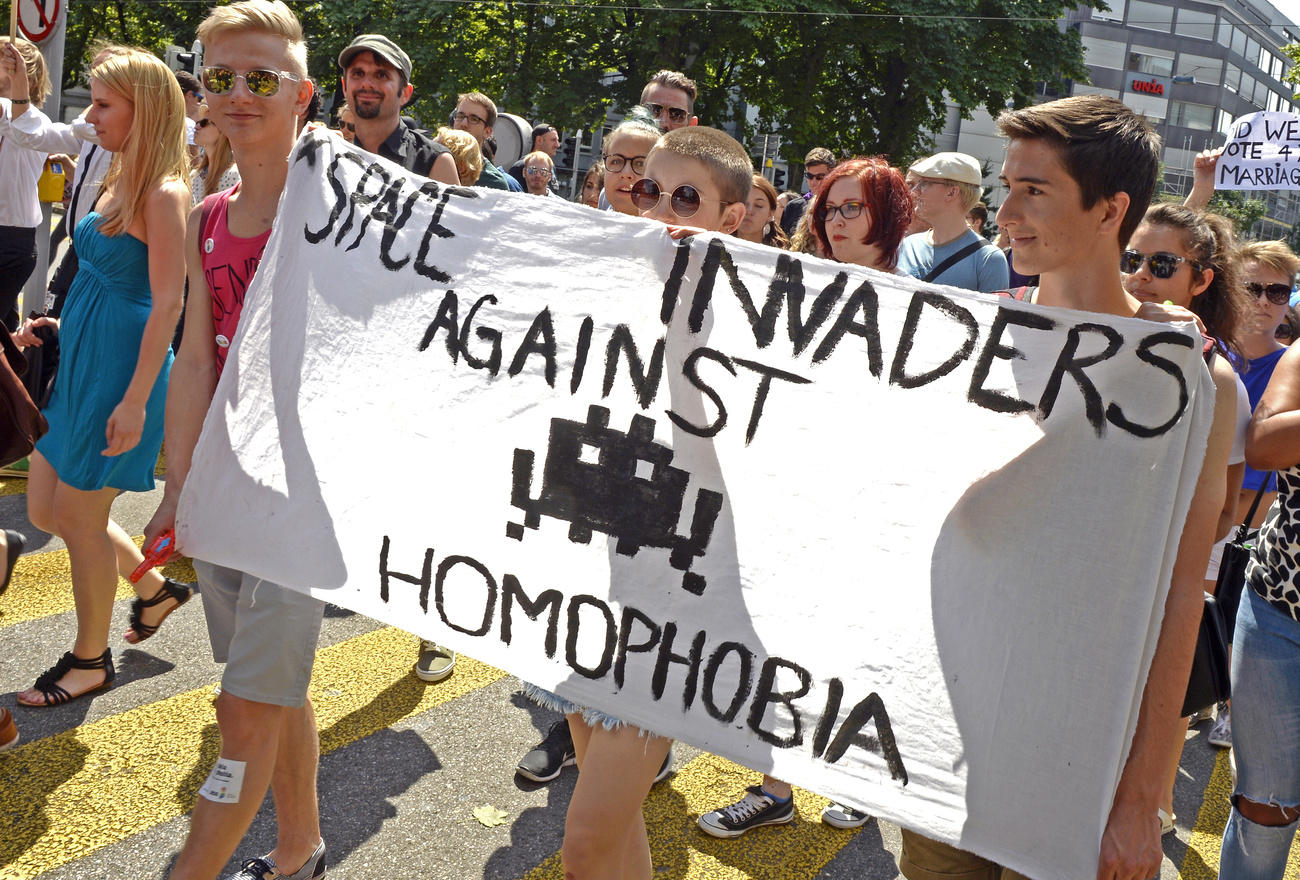
More
Poll finds tighter anti-homophobia rules have broad support
It has gathered the necessary 50,000 signatures to trigger a nationwide vote, in spite of some controversy about the way the party went about signing up support. Be that as it may, the nation’s voters will now get to decide whether discrimination against lesbians and gays in Switzerland should continue to be tolerated or not.
There are actually two different committees campaigning against the proposed legislation sanctioning homophobia. The first is made up of the Christian party mentioned and members of the right-wing Swiss People’s Party. The second is made up of LGBTIQ people who say they want the same rights as everybody else but do not want specific protection under law.
The opponents are condemning the proposed article 261a in the Criminal Code as a “gagging law”. What do they think they will no longer be allowed to say?
Marc Früh, a spokesman for the campaign in French-speaking Switzerland, told public radioExternal link that “a doctor should be able to talk not only about the positive aspects, but also the negative aspects of homosexuality” without fear of prosecution. The committee believes that a hotel owner should have the right to refuse to rent a room to a homosexual couple or a baker to refuse to make them a wedding cake, on grounds of conscience.
Who is in favour?
Apart from the People’s Party, all the major parties and the government support the parliamentary decision and want to afford greater protection to sexual minorities.
After the referendum was launched to oppose it, organisations involved in advocacy for homosexuals struck a campaign committee External link“for protection against discrimination – yes!”.
This committee notes that anyone who is victim of an act of physical aggression or verbal abuse due to their sexual orientation already has the option of pressing charges. However, when abuse is directed against an entire group, such as homosexuals in general, “current law is no help at all”.
“Some speech clearly incites violence,” says Muriel Waeger of Pink Cross and the Swiss Lesbians Organisation in a press release. “The hatred may be expressed in a father killing his own son because he is gay, or two women being attacked on the street because they are holding hands.”
Figures lacking
The problem of homophobia in Switzerland is hard to quantify since homophobic crimes are not recorded as such. Since November 2016, an LGBT+ Helpline has been logging instances of homophobia or “transphobia” reported to it. 95 cases were reported between November 2016 and December 2017, or about two per week.
LGBTIQ advocacy organisations believe these figures are just the tip of the iceberg. That is why they have been calling for complete national statistics on the issue for some years now.
In September, the House of Representatives passed a resolution on this from Rosemarie Quadranti of the small centrist Conservative Democratic Party. Approval by the Senate is still pending. Similar resolutions on keeping statistics have been put forward in 13 cantons. The city of Zurich has already committed itself to collecting these figures.
Figures from studies in other countries suggest a disquieting trend. In neighbouring France, homophobic offences rose by 34.3% in 2018, reports the interior ministry. The advocacy group SOS-HomophobieExternal link reported an increase of 42% of what it calls “lesbophobia”.
Article 261a of the Criminal CodeExternal link, known as the anti-racism law, came into force at the beginning of 1995. It was adopted after Switzerland signed up to the International Convention on elimination of all forms of racial discrimination (1965).
In its statementExternal link explaining the reasons for having this law, the government said it had abstained from mentioning any other criteria such as “sex, sexual tendencies or ideological convictions”, on the grounds that this would have been stretching the legislation too much.
Parliament later decided to add to the Swiss government’s wording: it has criminalised negation, gross minimisation and justification of genocide or other crimes against humanity.
Translated from French by Terence MacNamee/urs

In compliance with the JTI standards
More: SWI swissinfo.ch certified by the Journalism Trust Initiative











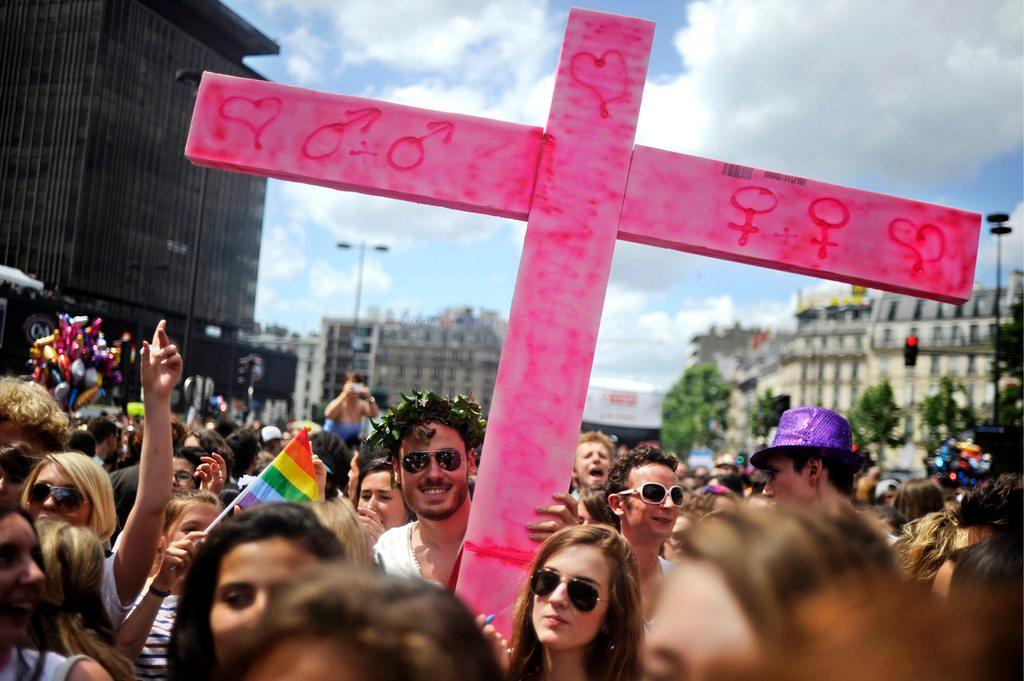


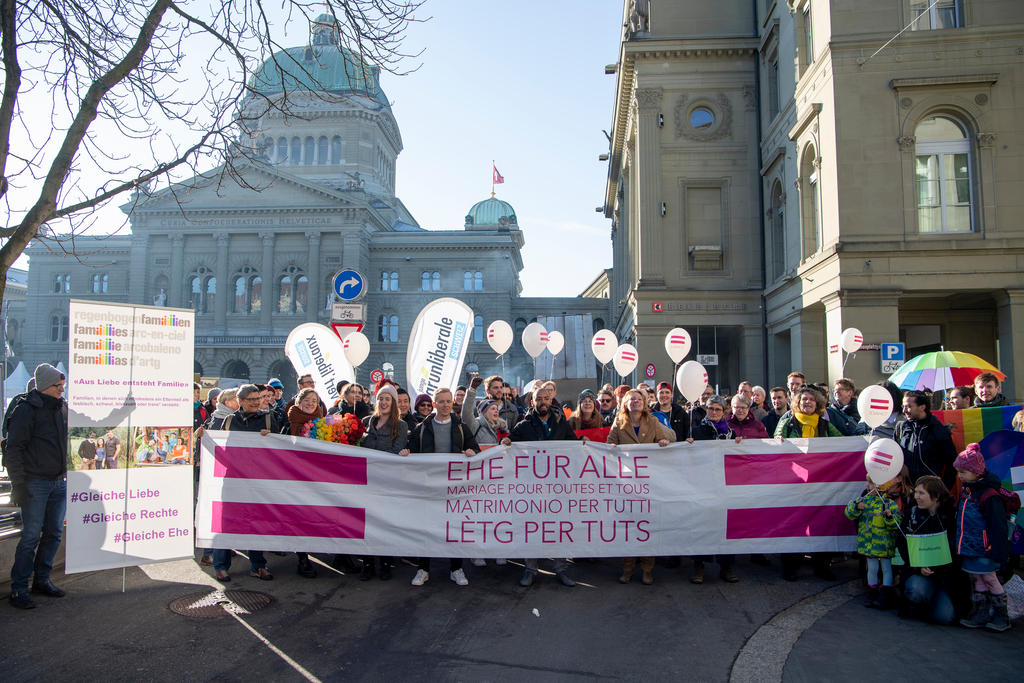
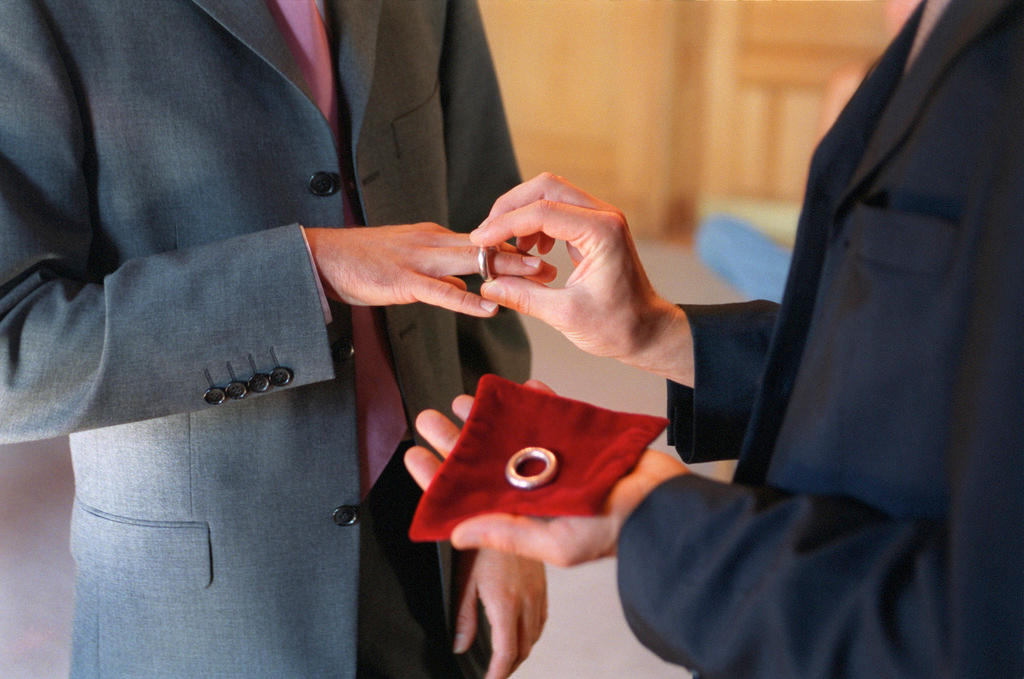
You can find an overview of ongoing debates with our journalists here . Please join us!
If you want to start a conversation about a topic raised in this article or want to report factual errors, email us at english@swissinfo.ch.